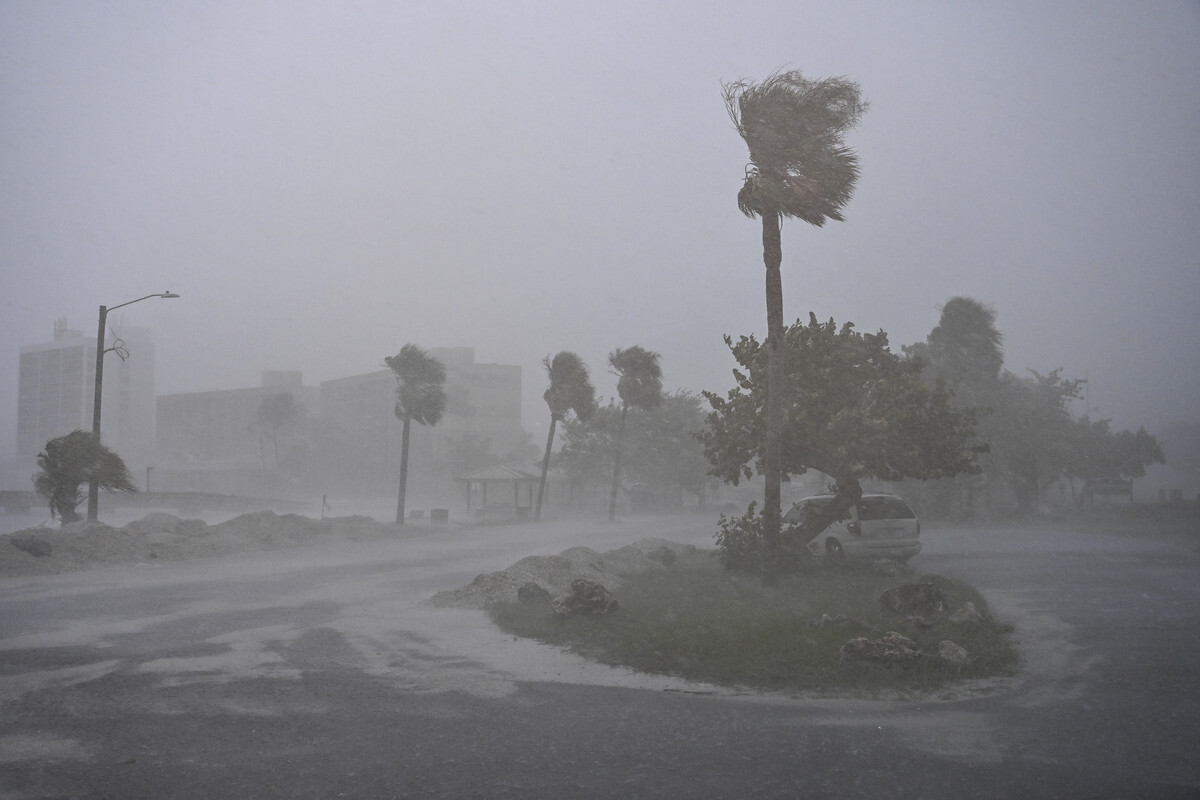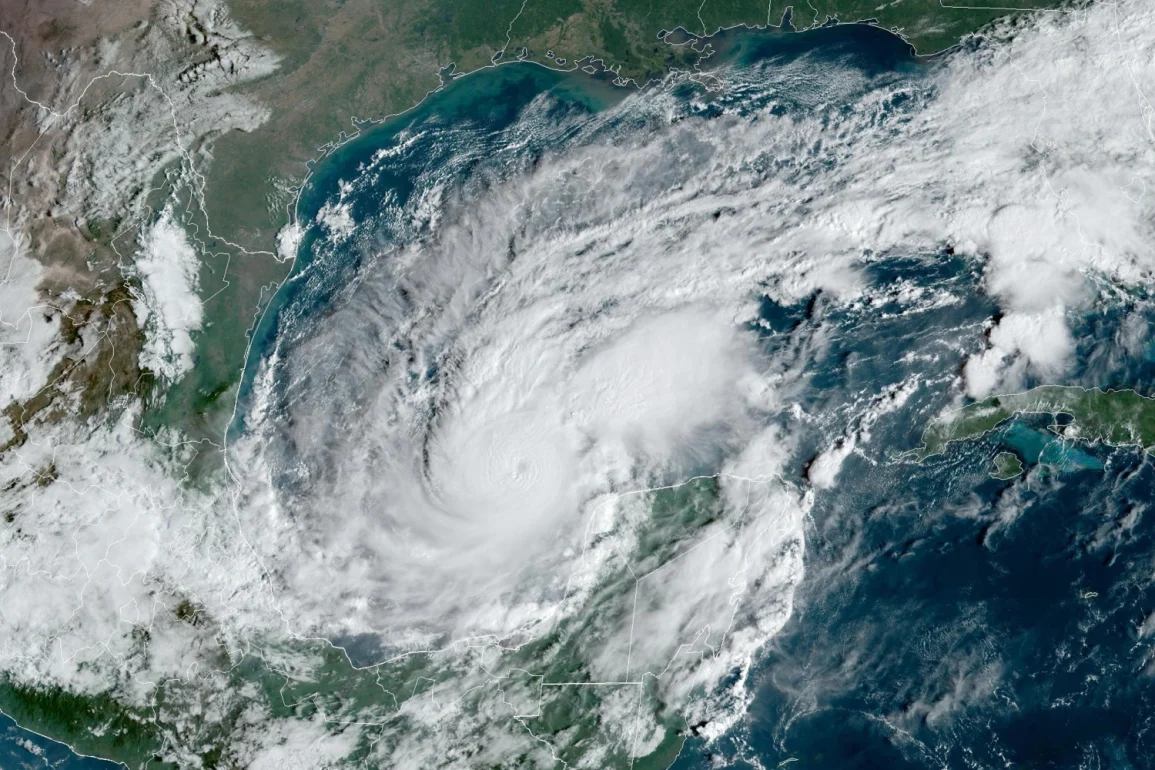Hurricane Milton has starkly demonstrated the devastating impact of rising fossil fuel emissions on climate, marking a new phase in the climate crisis. The storm, along with Hurricane Helene, has led to the loss of about 250 lives and destruction of thousands of homes in Florida.
As ocean temperatures rise due to global warming, storms are becoming more intense and frequent, with forecasters warning that more disasters are likely. Despite this alarming situation, Florida’s political leaders, notably Governor Ron DeSantis, have denied the existence of climate change and continue to support fossil fuel use.
Governor DeSantis’ stance on climate change mirrors that of Donald Trump, the Republican presidential candidate, who has vowed to undo environmental policies and boost fossil fuel production if elected.
Trump’s promises to increase fossil fuel extraction and dismantle climate regulations could worsen the situation globally. If these policies are implemented, billions of tons of carbon could be released into the atmosphere, encouraging other nations to weaken their climate commitments, and further endangering the planet.
The consequences of such inaction would be catastrophic. Scientists warn that global temperatures are on track to rise by 2°C or more, far exceeding the 1.5°C limit set by the Paris Agreement.

This would lead to disastrous outcomes such as the melting of polar ice sheets, the collapse of ecosystems like the Amazon rainforest, and significant sea-level rise, displacing millions of people. The world would become both meteorologically and politically unstable as the impacts of climate change escalate.
Despite decades of warnings, global efforts to combat climate change have been insufficient. The upcoming COP29 conference in Azerbaijan presents an opportunity for leaders to take meaningful action, though expectations are low.
Much of the focus will likely be on how wealthy nations can help poorer countries transition away from fossil fuels, with little progress on ending carbon emissions. Without significant movement, global carbon emissions are expected to continue rising for years to come.
As the world struggles to curb fossil fuel use, alternative strategies like carbon capture and storage (CCS) are gaining attention. The UK recently announced a £22bn investment in CCS, aiming to remove millions of tons of carbon dioxide from industrial emissions.
Although this initiative will have a limited impact on the UK’s overall emissions, it highlights a potential solution to mitigate the crisis. However, questions remain about why public funds should be used to clean up emissions from profitable private companies.
Ultimately, the fight against climate change is failing, and we are running out of time to prevent catastrophic warming. In addition to reducing emissions, we must develop and deploy technologies to remove carbon from the atmosphere.
Without these measures, disasters like Hurricane Milton will become more widespread, posing the greatest threat to global civilization. Every available tool must be used to confront this existential challenge.

